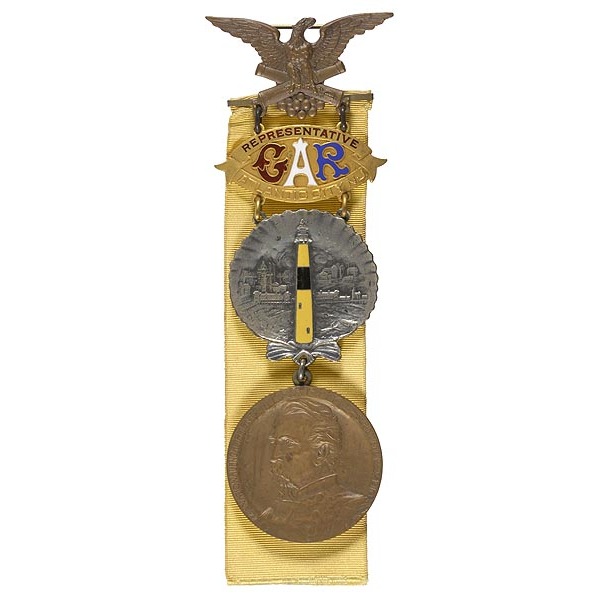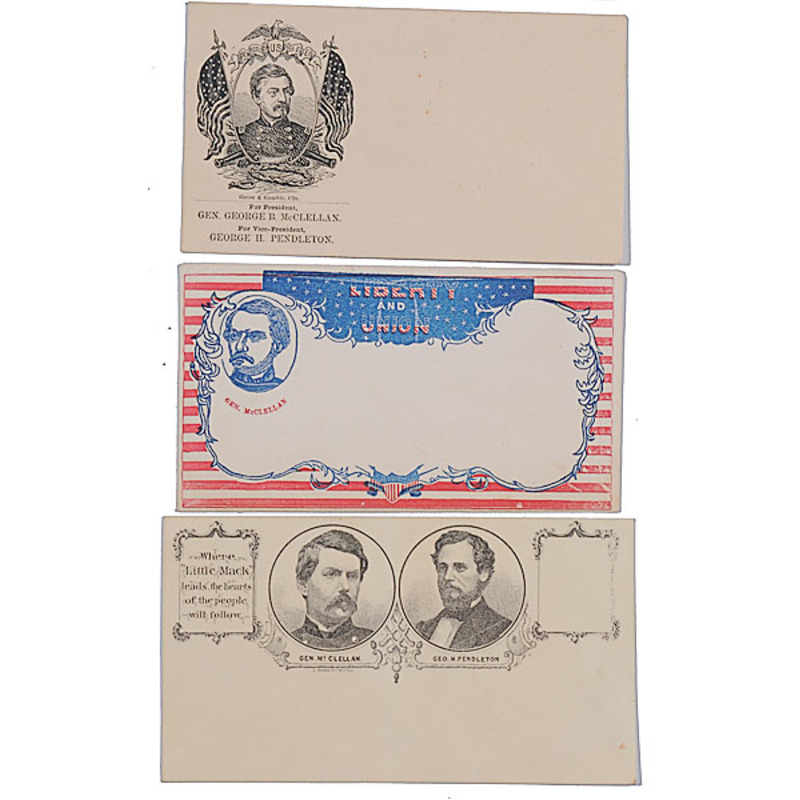bound volume, about 60pp of orderly book, 70pp of miscellaneous accounts (1830s-1871). Participation in the militia was virtually a requirement of civic life in early America, and nearly every community in New England hosted a company of some sort. Capt. Simon Stone's company was based in Windsor, a town along the Connecticut River in north central Connecticut, and in many ways, was probably typical of units formed in the quiet hinterlands of the country. The first entry in the orderly book, dated April 18, 1811, gives a taste of typical militia activity: The Company being destatute of Liut. was duly warned to meete at the meeting house in Windsor on the fifteenth of April for the purpose of choosing Liut & fill such other vacancies as may happen on sd. day & proceeded to choice. Ensign David Prince was chosen Liut.... Yet, particularly as the War of 1812 faded from view, it seems that discipline began to decline, with the orderly book recording more and more soldiers appearing for muster ill equipped, or not equipped at all, and several incidents in which militiamen refused to accept their election as officers. In April 1814, for example, the clerk recorded the following: The company being warned as the law directs meet a the time and place appointed for the purpose herein mentioned & found twenty seven rank and file equipped according to law except Wm. Harwood in the defishency of a musket & fined him one dollar. On May 2, 1821, while choosing officers, he recorded: proceded to chuse Lieut and made choice of Joseph F. Wintworth and he reused to except and then made choice of Philo Wright and he refused to serve them and then made choice of Alpheus Brown Junr. and he excepted of that grate office, and tha drinked some rum and was dismissed. Some nice insights into militia service during the period following the War of 1812, showing expected age and wear, but a valuable piece of Connecticut history.
bound volume, about 60pp of orderly book, 70pp of miscellaneous accounts (1830s-1871). Participation in the militia was virtually a requirement of civic life in early America, and nearly every community in New England hosted a company of some sort. Capt. Simon Stone's company was based in Windsor, a town along the Connecticut River in north central Connecticut, and in many ways, was probably typical of units formed in the quiet hinterlands of the country. The first entry in the orderly book, dated April 18, 1811, gives a taste of typical militia activity: The Company being destatute of Liut. was duly warned to meete at the meeting house in Windsor on the fifteenth of April for the purpose of choosing Liut & fill such other vacancies as may happen on sd. day & proceeded to choice. Ensign David Prince was chosen Liut.... Yet, particularly as the War of 1812 faded from view, it seems that discipline began to decline, with the orderly book recording more and more soldiers appearing for muster ill equipped, or not equipped at all, and several incidents in which militiamen refused to accept their election as officers. In April 1814, for example, the clerk recorded the following: The company being warned as the law directs meet a the time and place appointed for the purpose herein mentioned & found twenty seven rank and file equipped according to law except Wm. Harwood in the defishency of a musket & fined him one dollar. On May 2, 1821, while choosing officers, he recorded: proceded to chuse Lieut and made choice of Joseph F. Wintworth and he reused to except and then made choice of Philo Wright and he refused to serve them and then made choice of Alpheus Brown Junr. and he excepted of that grate office, and tha drinked some rum and was dismissed. Some nice insights into militia service during the period following the War of 1812, showing expected age and wear, but a valuable piece of Connecticut history.















Testen Sie LotSearch und seine Premium-Features 7 Tage - ohne Kosten!
Lassen Sie sich automatisch über neue Objekte in kommenden Auktionen benachrichtigen.
Suchauftrag anlegen